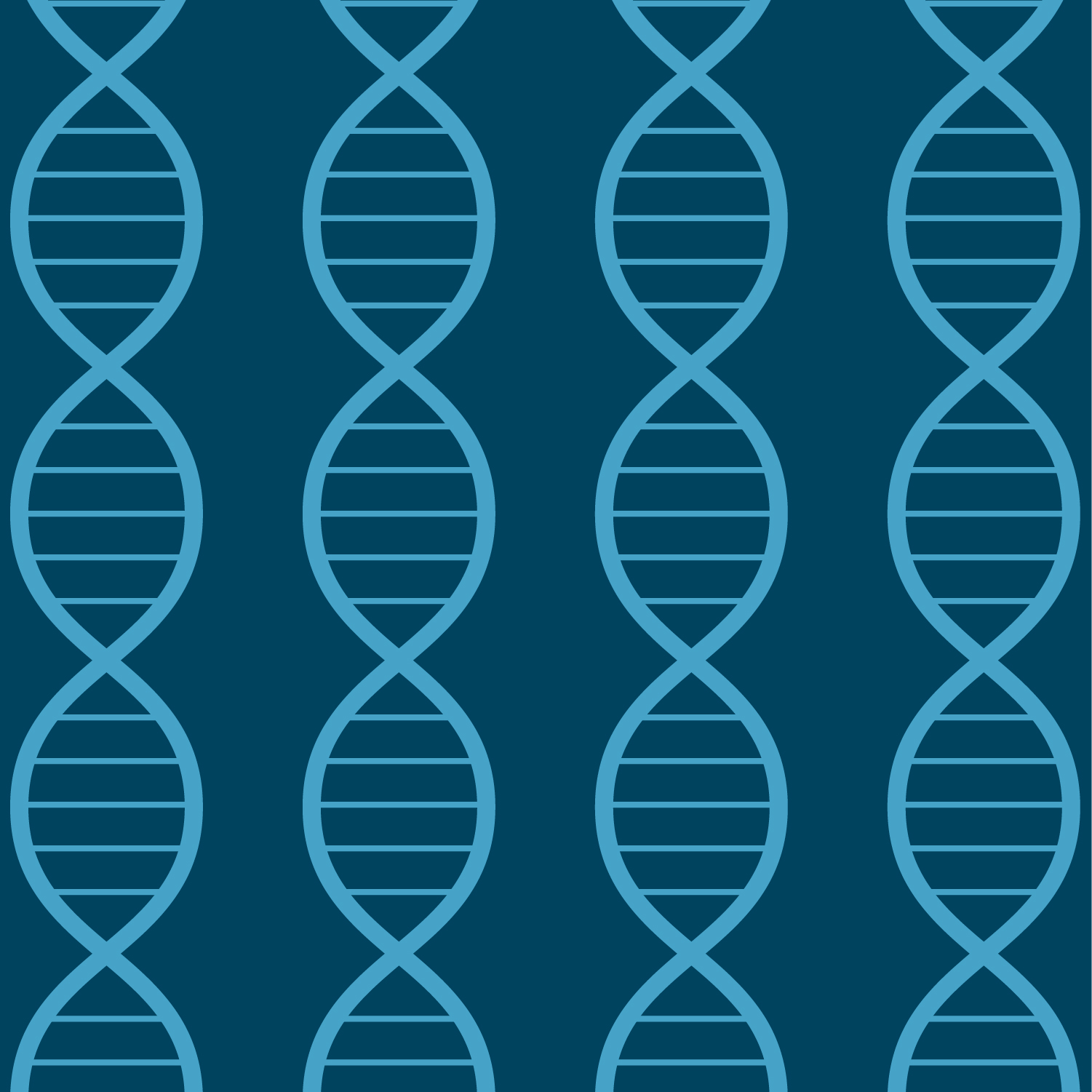BSCS Paper Published in Science: Sex and Gender Essentialism in Textbooks
February 22, 2024
A rigorous line of research at BSCS Science Learning shows genomics education can either promote or counteract racist and sexist beliefs during adolescence. Dr. Brian Donovan and his research team have published their latest insights in the February 23 issue of Science.
The new paper is entitled “Sex and Gender Essentialism in Textbooks.” It is authored by Brian M. Donovan, Awais Syed, Sophie H. Arnold, Dennis Lee, Monica Weindling, Molly A. M. Stuhlsatz, Catherine Riegle-Crumb, and Andrei Cimpian.
About the Study
This paper reports the findings of a quantitative content analysis of six biology textbooks that are used in two-thirds of introductory biology courses in US high schools. We analyzed how sex and gender were described in the genetics chapters of those textbooks.
Key Findings
Biology textbooks are failing to communicate the scientific consensus on sex and gender. Instead, they are communicating biologically inaccurate information that could lead to gender stereotyping and discrimination.
We discovered four consistent issues:
- Textbooks described females as biologically uniform and males as biologically uniform even though the scientific reality is that individuals within each sex tend to be biologically diverse.
- Textbooks described the similarities and differences across males and females at equal frequencies, even though the scientific reality is that sex groups tend to overlap tremendously on most biological traits.
- Textbooks explained variation within sexes and differences between sexes using only genetic factors, instead of introducing students to the more accurate idea that genes tend to interact with the environment to influence human trait variation.
- Textbooks failed to define and distinguish between the concepts of sex and gender as many biologists do. This is a problem because research suggests that when people conflate sex and gender, it contributes to gender stereotyping.
Overall, the language used to describe sex and gender is consistent with essentialist messages. Genetic essentialism is the belief that certain races or genders are superior to others because of their genes. These are biologically inaccurate, overly simplified lay views that are at odds with the scientific consensus on sex and gender. And they have no place in biology curricula.
Implications of These Findings
BSCS views these findings as an important call to action for curriculum developers–including BSCS. Donovan et al.’s study shows that textbook authors are overdue to revise our genetics materials to align them with current science. Instructional materials need to communicate clearly that the ranges of differences among humans of the same sex are far greater than the differences between the sexes and that the overlap in trait values across females and males is much greater than the differences between them. Instead of focusing exclusively on genes as the most important causal factor of traits, genetics lessons should be helping students to understand the role of the environment and gene-environment interactions in the development of human traits. Finally, textbooks should help students develop understanding of the important differences between gender and sex that the biological and social sciences have identified.
One of BSCS’s textbooks was included in the study and was found to contain many of the omissions, vague wordings, and inaccuracies that contribute to essentialist thinking that Donovan et al. found across the sample of high school textbooks. When we set out to create our newest high school biology textbook a few years ago, we committed to producing a program that would avoid the pitfalls that can lead students to maintain or develop essentialist ideas. While we didn’t have the findings of their study at the time, we did have access to the findings that their study was based on that attributes of textbooks can contribute to essentialist thinking. Based on these findings, we designed the genetics instruction in BSCS Biology: Understanding for Life to go beyond the basics of genetics to tackle the full complexity of gene and environment interaction. We also chose language carefully to adhere to current science regarding gender versus sex. What we learned through that process is that it is not particularly difficult or expensive to bring high school-level genetics instruction into compliance with the findings underlying Donovan et al.’s recent study and that teachers by and large welcome the changes when they understand the rationale. We hope our work on BSCS Biology: Understanding for Life can serve as an example to other biology textbook authors.
